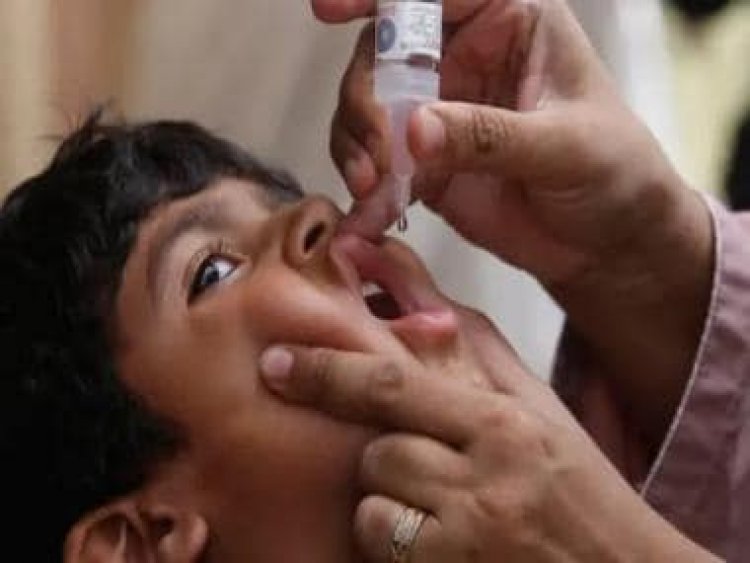World Polio Day: Pledge to healthier world for our children
World Polio Day: Pledge to healthier world for our children

With the re-emergence of polio cases in countries that haven’t seen the virus for several years and transmission in countries which remain plagued by it, we continue to battle an enemy that is more insidious than we think. Although, diseases do not discriminate, children under the age of five carry the highest risk of transmission, for polio. Polio carries serious health consequences, including paralysis and death.
With the earnest efforts led by different stakeholders and the Global Polio Eradication Initiative (GPEI), polio is now a vaccine-preventable disease. Wild poliovirus cases have not only decreased by over 99% since 1988 but polio vaccines have also benefitted the health of millions of children across the world.
As 24 October is observed as World Polio Day every year, it is time to reemphasize that a polio-free world is not just of critical importance, but necessary to build a healthier, sustainable, and safer world for our children.
Challenges that hinder a polio-free world
As shocking as the resurgence of polio is, it highlights the challenges that vaccination gaps can impose. COVID-19 and regional conflicts disrupted healthcare services and led to a drop in paediatric vaccine uptake. Amidst infrastructural losses, millions of children across the world have been termed ‘zero-dose’ i.e. children who have failed to receive even a single dose of routine vaccines.
Worries continue to emerge for children who remain partially vaccinated or do not have access to appropriate health facilities. For those who are ‘zero-dose,’ the risks are much greater. We are at a critical juncture in polio eradication and vaccine complacency can spell catastrophe for public health.
A coherent implementation plan, focusing on prevention and assuring quality outcomes is necessary to prevent any further backsliding on childhood vaccinations. Comprehensive plans and policies must be designed to reach all communities. To enable polio eradication, the Global Polio Eradication Initiative (GPEI) has launched a new strategy, targeting completion in 2026.
Strategies for polio eradication
At this juncture, sensitization of the population and reaching out to zero-dose children remains the key. We must strengthen our present infrastructure to meet emergent needs and continue to integrate immunization into basic health services. COVID-19 vaccination programs and resources are a brilliant example, and it is integral to replicate the momentum with polio vaccination too.
The Indian Academy of Pediatrics Advisory Committee on Vaccines and Immunization Practices (IAP ACVIP) recommends a birth dose of oral polio vaccine (OPV), an all inactivated polio vaccine (IPV) schedule at 6-10-14 weeks followed by an IPV booster at 16-18 months, and a pre-school booster between four-six years of age . It is imperative that we complete all doses of the polio vaccines to complete the circle of protection.
Sustained collaborations and planning can also be essential in ensuring that once polio is eradicated, it does not relapse. Though polio vaccination has been successfully incorporated as a part of many global health missions, even isolated cases can spark fears
The entire community will be at risk if even one person remains infected by poliovirus. This World Polio Day let’s pledge to a healthier world for our children.
The author is the General Manager – Vaccines, Sanofi. The views are personal.
Read all the Latest News, Trending News, Cricket News, Bollywood News,
India News and Entertainment News here. Follow us on Facebook, Twitter and Instagram.
What's Your Reaction?



























































